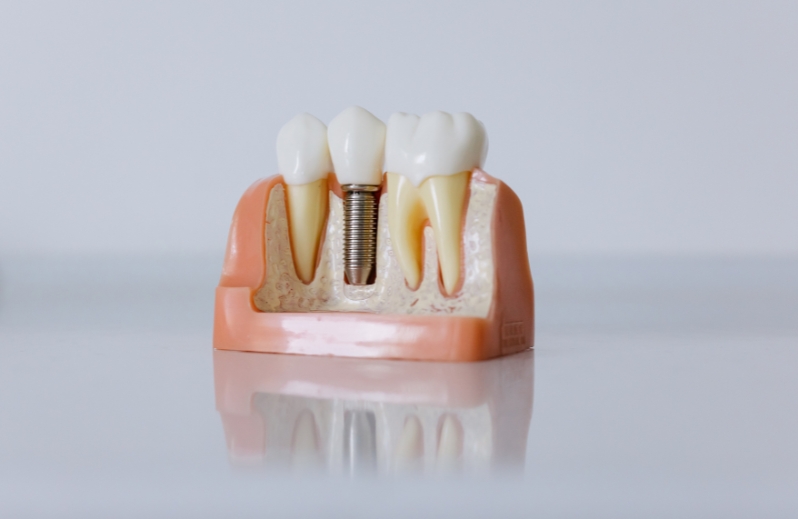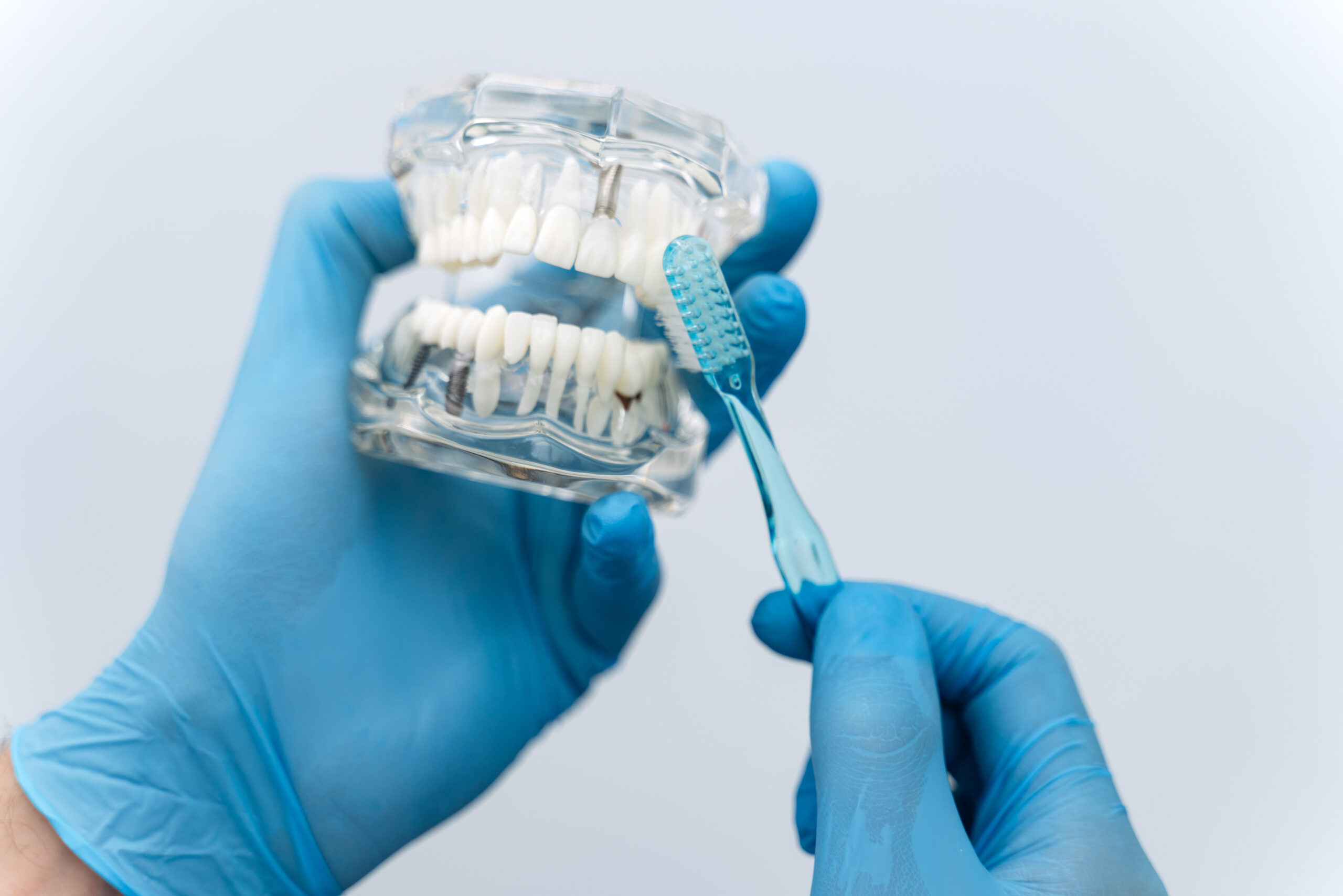
Dental implants offer a lifetime solution when it comes to missing teeth. However, the question is: are they really forever? Most patients would like to spend money on implants because they are durable. However, it is to be stated that not all dental implants are made equal. Some last a lifetime. Contrarily, others need to be replaced within ten years.
You can feel the difference when you get the right type. This post will give you a comprehensive idea about implant longevity.
Factors That Impact Dental Implant Longevity
1. Material of the Implant: Titanium vs. Zirconia
Titanium implants have become the gold standard. This is because of their durability, biocompatibility, and high success rate. On the other hand, zirconia implants provide a metal-free choice. They offer great durability and aesthetic value. Both materials contribute substantially to how long implants can last.
2. Type of Implant: Endosteal vs. Subperiosteal
Endosteal implants are placed in the jawbone. They offer a strong and long-term support. Subperiosteal implants are placed below the gum but above the jawbone. They are generally less strong and appropriate for those who have inadequate bone structure.
3. Implant Procedure: Single-stage vs. Two-stage Implants
In the single-stage implant process, the implant and abutment are placed simultaneously. They offer faster recovery. In contrast, dentists perform a second surgery in two-stage implants to attach the abutment. This procedure generally offers greater stability and durability.
4. Bone Integration Quality: Osseointegration Process
Osseointegration is the process of the implant integrating with the jawbone. Healthy bone integration is essential. It will keep dental implants stable and functional like natural teeth.
5. Oral Hygiene and Maintenance
Regular brushing, flossing, and dental visits are necessary for good oral health. A professional dentist’s advice ensures implant longevity and health.
Top Dental Implant Types Renowned for Durability
1. Titanium Implants
The lifespan of titanium implants is more than 25 years, usually a lifetime with adequate care. Titanium’s biocompatibility fosters excellent bone integration. Due to its toughness, it is the most sought-after material among dentists for dental implants Penn Township.
Titanium is non-corrosive. It can sustain chewing forces. Research indicates a 95% success rate at 10 years. This proves titanium implants as a long-term investment.
2. Zirconia Implants
The durability of these implants is similar to titanium. Zirconia provides a metal-free option. It is nonallergenic and blends with bone.
When you consider proper maintenance, zirconia implants can last over 20 years. They are especially useful for patients with metal allergies. Moreover, if you want a more natural appearance, consider these implants.
3. All-on-4 Implants
The All-on-4 method employs four well-positioned implants. It supports an entire arch of teeth. As it distributes the load across fewer implants, it helps minimize the stress on each implant. According to studies, a 98% success rate has been seen for 10 years. It is best for you if you need full-arch restoration with long-term results.
4. Mini Implants
These implants are most suitable for small teeth or narrow spaces. They are less invasive. Dentists use them to stabilize dentures. Generally, these implants last 10-15 years. Their smaller size may compromise durability. Therefore, dentists do not suggest them for high-pressure areas of the mouth. Patients with low bone density who require a less invasive procedure can get these implants.
How to Maximize the Lifespan of Your Dental Implants?
Practice Excellent Oral Hygiene: You have to brush twice daily, floss daily, and use an antibacterial mouthwash.
Avoid Destructive Habits: Smoking, heavy alcohol, and teeth grinding (bruxism) have the ability to shorten implant life. Consider using a mouthguard if necessary.
Regular Dental Visits: In addition, you should have checkups and professional cleanings every six months. Your dentist can monitor your dental implants and catch problems early.
Manage Health Conditions: Diabetes and gum disease are capable of impacting implant success. You must coordinate with your healthcare provider to keep such conditions in check.
If you are confused about which implant to select and need professional recommendations, call us now and schedule a consultation with our dentist today. We can significantly help you make an informed decision!




